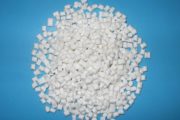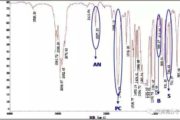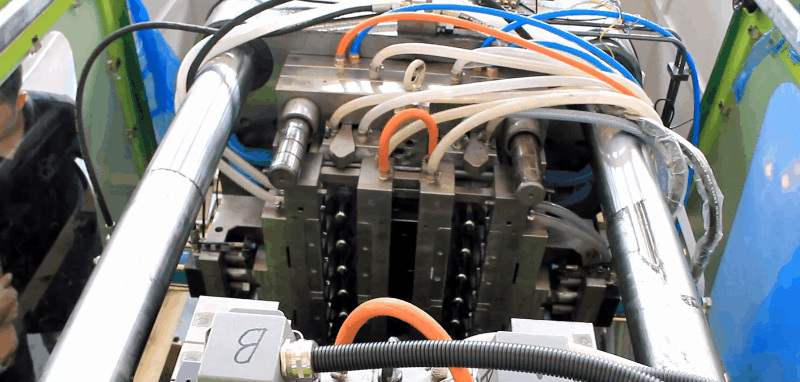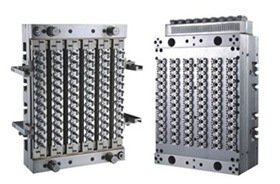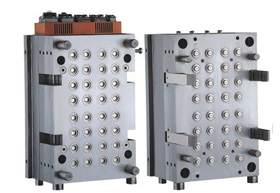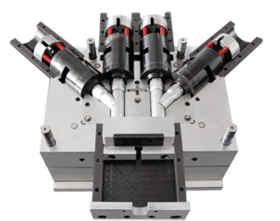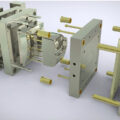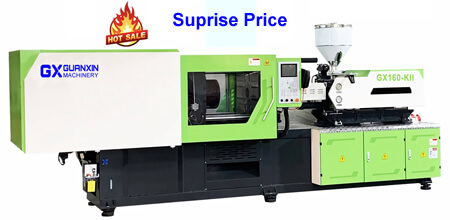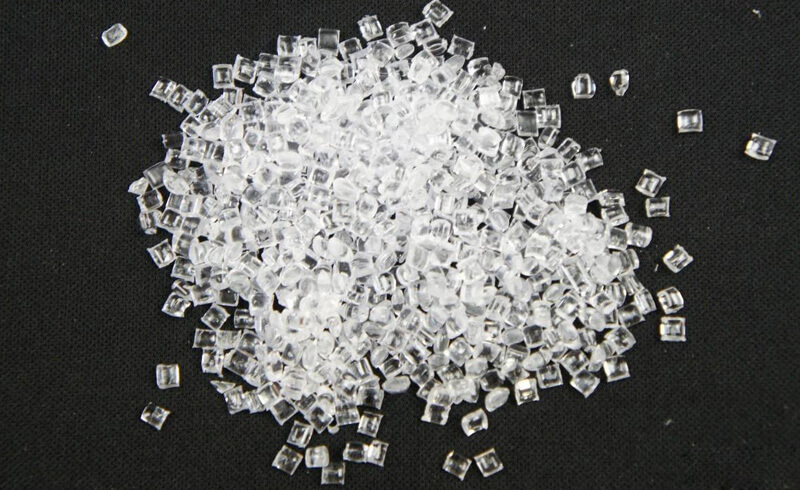
Polycarbonate (PC) is an amorphous engineering material with exceptionally good impact strength, heat resistance, clarity, stabilizability, flame retardancy, and stain resistance.
Typical Applications of Polycarbonate (PC)
electronic and business equipment
- computer parts
- connectors
appliances
- food processors
- refrigerator drawers
automotive
- head lights
- tail lights
- instrument panels
Plastic PC Injection Molding Processing Conditions
| Conditions Name | Value |
|---|---|
| Drying | PC grades are hygroscopic and pre-drying is important. Recommended drying conditions are 100°C–120°C [212°F–248°F] for 3 to 4 hours. Moisture content must be less than 0.02% prior to processing. |
| Melt Temperature | 260°C–340°C [500°F–644°F]; higher range for low melt mass-flow rates (MFR) grades and vice-versa. |
| Mold Temperature | 70°C–120°C [158°F–248°F]; higher range for low MFR grades and vice-versa. |
| Material Injection Pressure | As high as possible for rapid molding. |
| Injection Speed | Slow injection speeds when small or edge gates are used; high speeds for other types of gates. |
Chemical and Physical Properties of Polycarbonate (PC)
PC is a polyester of carbonic acid. All general-purpose polycarbonates are based on bisphenol A. The bisphenol A component of the molecule contributes to the high glass transition temperature (150°C [302°F]). The rotational mobility of the carbonyl group within the molecule contributes to the high ductility and toughness of the material.
The notched Izod impact strength of PC is very high and mold shrinkage is low and consistent [0.1–0.2 mm/mm].
High molecular weight PCs (which translate to low MFR) have higher mechanical properties, but processibility of such grades becomes difficult. The type of PC chosen for an application should be based on the desired criteria. For high-impact properties, use a low-MFR PC; conversely, for optimal processibility, use a high-MFR PC.
The melt viscosities are typically Newtonian up to shear rates of 1000 1/s and decrease beyond that. The Heat Deflection Temperature Under Load is typically between 130–140°C [266–284°F] and the Vicat Softening Point is typically around 155°C [311°F].
